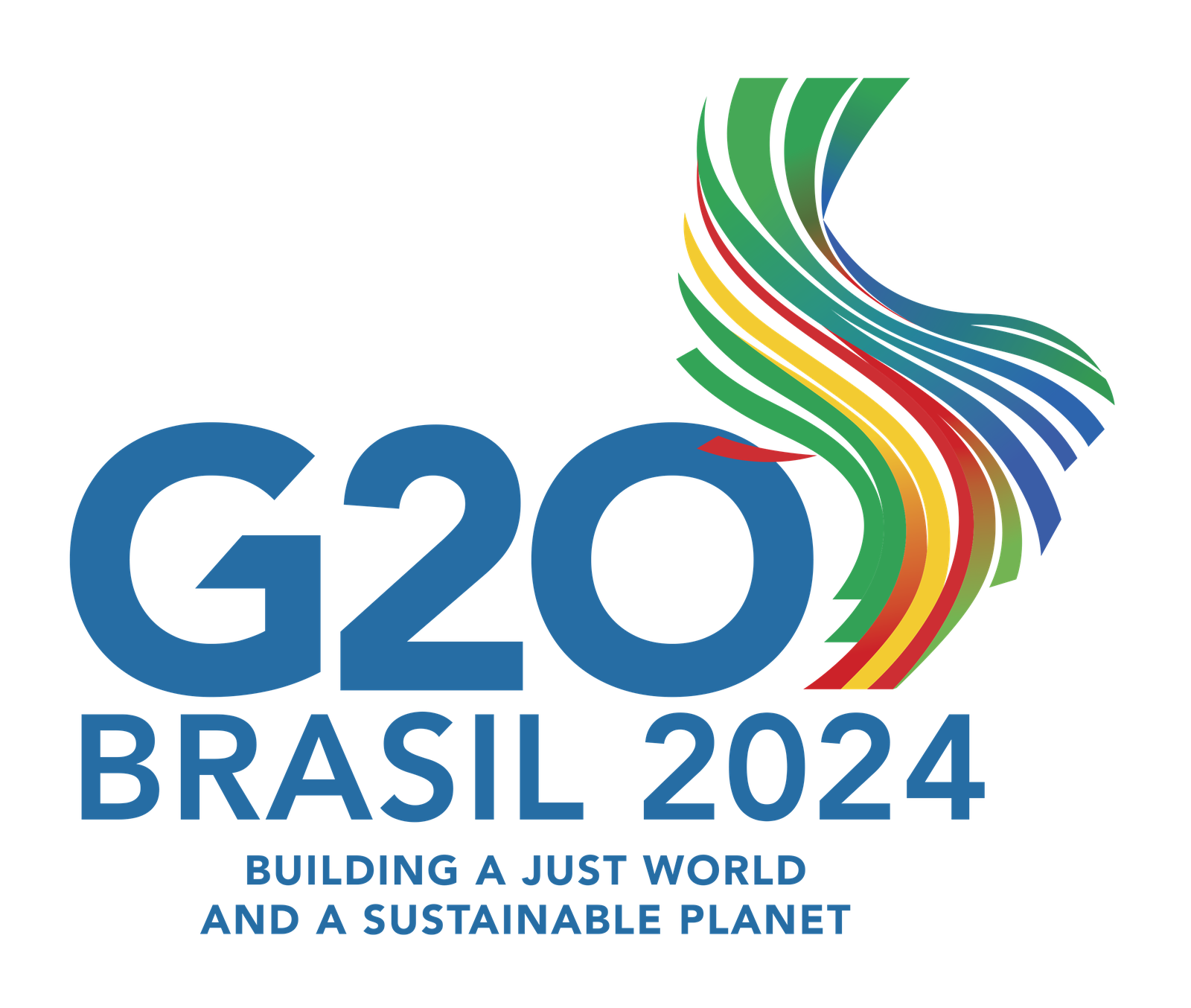
provided by the G20 Research Group

G20 Summits |
G20 Ministerials |
G20 Analysis |
Search |
About the G20 Research Group
[English]
[Français]
[Deutsch]
[Italiano]
[Portuguesa]
[Japanese]
[Chinese]
[Korean]
[Indonesian]
 |
G20 Information Centre provided by the G20 Research Group |
 |
|
G20 Summits |
G20 Ministerials |
G20 Analysis |
Search |
About the G20 Research Group
|
||

Principles for Just and Inclusive Energy Transitions
Foz do Ignaçu, October 4, 2024
[PDF – English]
With the aim of leaving no one behind, G20 members endorse the following voluntary principles to promote clean, sustainable, just, affordable and inclusive energy transitions in line with SDG 7, the Paris Agreement and the "Outcome of the First Global Stocktake" adopted at the 28th UN Climate Change Conference. Reiterating the importance of accelerating the energy transitions by including, in line with technological neutrality, a wide range of options towards low emissions development to reach global net-zero greenhouse gas emissions/carbon neutrality by or around mid-century, recognising the role of international cooperation to foster energy transitions, acknowledging existing frameworks and initiatives that promote a shift to sustainable economies that promote both environmental sustainability and job creation, focusing on social justice, poverty eradication and fairness, and bearing in mind national and international commitments and respective different national circumstances, needs and priorities as well as the different pathways and approaches, countries are encouraged to design their energy transitions policies taking into account the following voluntary principles:
Acknowledge the importance of long-term regional and domestic energy planning and policies across various sectors to guide actions and financing mechanisms that promote energy transitions and design and implement just and inclusive energy transition policies in individual countries, while ensuring energy security, affordability, accessibility, and markets stability and economic prosperity.
Tackle all forms of energy poverty, with a focus on ensuring access to affordable, reliable, sustainable and modern energy, including clean cooking, for all.
Foster social dialogue and encourage meaningful and effective participation by all relevant stakeholders, including from affected communities, employers’ organisations and trade unions in the decision-making processes related to energy transitions.
Strengthen the access to appropriate social protection systems for all as part of just and inclusive energy transitions in order to support workers and communities, with particular consideration to the poor and those in vulnerable situations.
Incorporate intersectional perspectives on gender balance, including women empowerment, age, race, ethnicity and those in any vulnerable situations into energy planning and policies and ensure a fair distribution of costs and benefits.
Respect, promote and consider respective obligations on human rights, and on the rights of Indigenous Peoples, local communities, persons with disabilities as well as labour rights in the planning and implementation of energy transitions policies and projects.
Explore efficient, inclusive and just mechanisms for cost allocation in energy solutions and their impact on the cost of energy, with a focus on timely mobilisation of resources and working towards facilitating low-cost financing in developing countries for innovative technologies and business models, to widely share the benefits and to help mitigate the burden of energy transitions, especially on the poorest segments of the population.
Implement effective and inclusive measures to ensure localised value creation and maximise the socio-economic, environmental and other benefits and their fair distribution, while making efforts towards mitigating negative socio-economic and environmental impacts of energy-related policies and infrastructure and the extraction, refining and processing of certain materials and minerals that are critical for energy transitions while respecting permanent sovereignty over natural resources and energy infrastructure.
Promote social and economic development through reliable, diversified, sustainable and responsible supply and value chains, inclusive international cooperation and local value creation and beneficiation at source for all, including in developing countries and economies in transition.
Create decent work and quality jobs in accordance with nationally defined development priorities and enable sectoral labour mobility and workforce transformation through reskilling and up-skilling to create avenues of employment, while creating greater opportunities for all, noting the ILO guidelines on a Just Transition for all in this regard, as relevant.
Source: Official website of Brazil's 2024 G20 presidency
This Information System is provided by the University of Toronto Library
and the G20 Research Group at the University of Toronto.
Please send comments to:
g20@utoronto.ca
This page was last updated
October 04, 2024
All contents copyright © 2026. University of Toronto unless otherwise stated. All rights reserved.